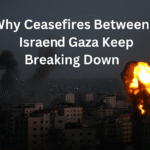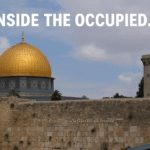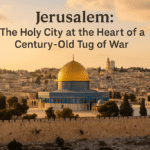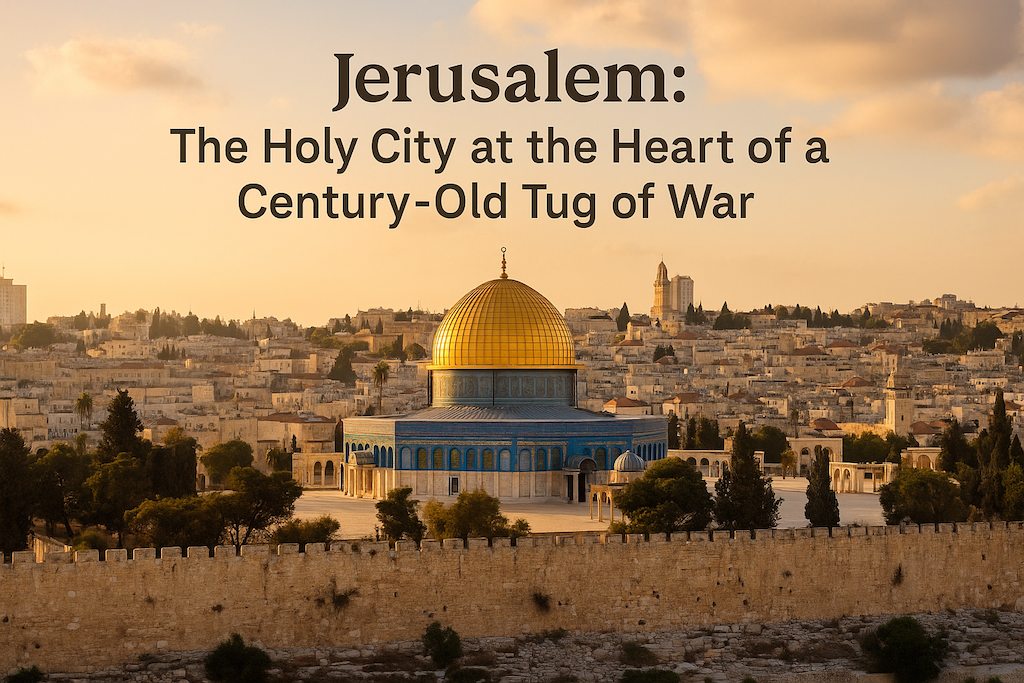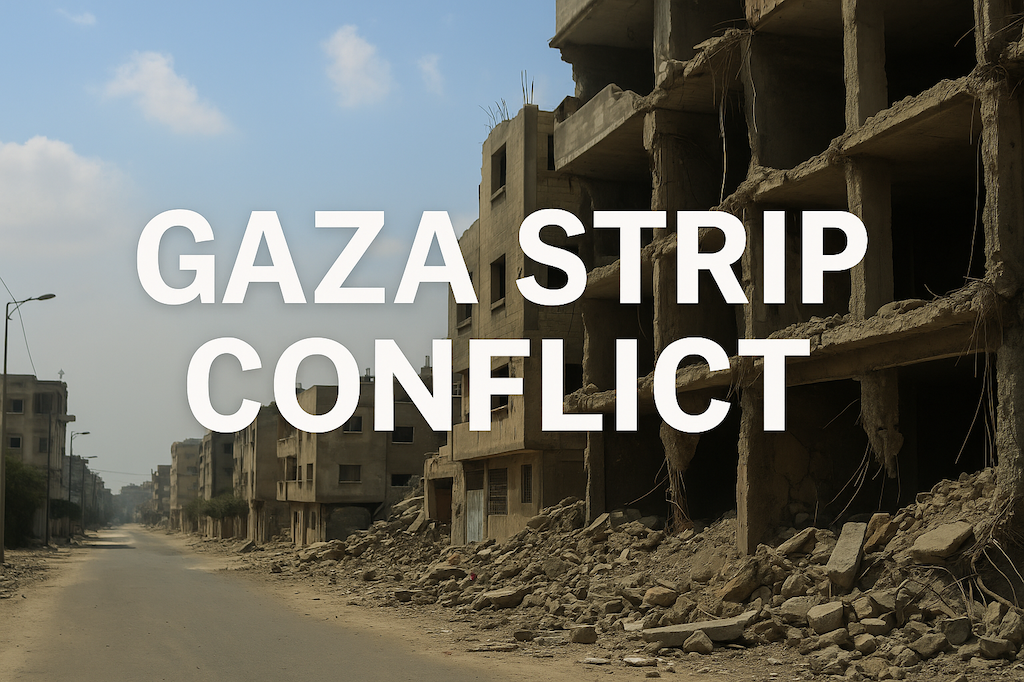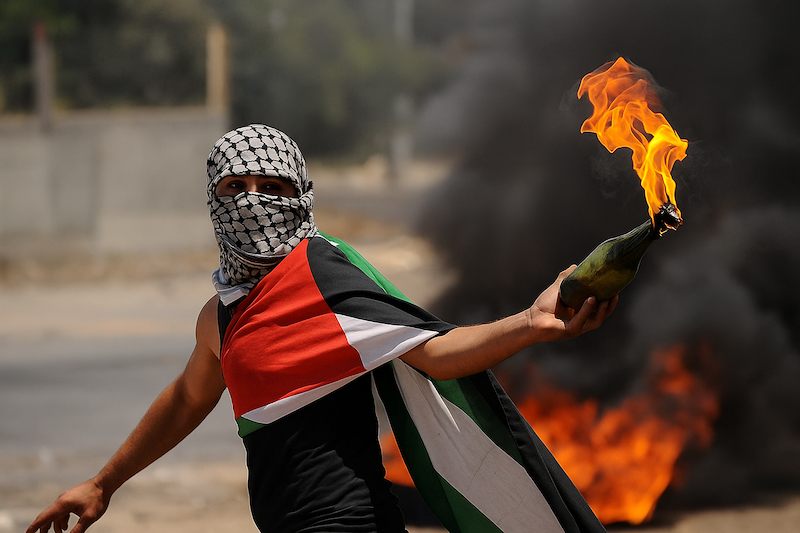🏰 The Medieval Beginning of a Modern Crisis
When we talk about the Israel-Palestine conflict, most people jump straight to the 20th century—Zionism, the Holocaust, or the British Mandate. But to truly understand the roots of this conflict, we must go back 1,000 years, to a time when Jerusalem became the focal point of a bloody holy war between empires and religions.
⚔️ 1099: The First Crusade and the Christian Conquest
The year 1099 marked a turning point in Jerusalem’s destiny. In response to a call from Pope Urban II to reclaim the Holy Land, European Crusaders launched a military campaign against Muslim rule. After a brutal siege, they captured Jerusalem and established the Kingdom of Jerusalem, a Christian stronghold in the heart of the Muslim world.
The conquest was devastating for Muslims and Jews:
- Massacres occurred inside the city walls, with estimates suggesting tens of thousands were slaughtered.
- Jews were burned alive in synagogues.
- Muslim holy sites were defiled and repurposed.
This event scarred generations and framed Jerusalem not just as a sacred space—but as a prize to be fought over.
🕌 Islamic Retaliation and the Rise of Saladin
Nearly a century later, the Muslim world responded. In 1187, Sultan Saladin, a Kurdish general leading a united Muslim front, recaptured Jerusalem after defeating the Crusaders at the Battle of Hattin.
But unlike the Crusaders, Saladin allowed:
- Peaceful surrender of the city.
- Safe passage for Christians and Jews.
- Restoration of Islamic sites, including Al-Aqsa Mosque and Dome of the Rock.
Saladin became a legend—not just in the Muslim world but even in Western literature—as a symbol of justice and mercy. Yet his victory reignited a cycle of religious wars that lasted for centuries.
🛡️ The Later Crusades and Tug-of-War Over Jerusalem
The Third Crusade (1189–1192), led by Richard the Lionheart, failed to reclaim Jerusalem, though a treaty allowed Christian pilgrims access to the city. The Crusaders maintained coastal outposts in places like Acre, but Jerusalem remained under Islamic control.
Over the next 200 years:
- The city changed hands multiple times.
- Minor Crusades and internal Muslim power struggles further destabilized the region.
- The Mamluks eventually took over and expelled the Crusaders entirely by the late 13th century.
🕌 Religious Reverence → Political Obsession
What started as religious fervor evolved into something deeper—Jerusalem became a symbol of divine legitimacy and political power. Control over the city wasn’t just about faith; it meant authority, identity, and ideology.
By the end of the medieval period:
- Muslims saw Jerusalem as a land that must never fall again.
- Christians mourned its loss as the “failure of the Crusades.”
- Jews—though largely powerless during this time—longed spiritually for a return to Zion.
This tripartite reverence created a recipe for future conflict.
🧬 Lasting Impact on the Modern Conflict
Why does this medieval history matter today?
- Sacred Geography: Religious sites like Al-Aqsa Mosque, Western Wall, and Church of the Holy Sepulchrebecame physical representations of collective memory and trauma.
- Deep-Rooted Grievances: Historical conquest narratives are still invoked in political speeches, propaganda, and resistance movements.
- Unfinished Wars: Some ideologues today frame the modern conflict as a continuation of the Crusades, using medieval rhetoric to justify modern warfare.
- Jerusalem’s Centrality: The idea that “whoever controls Jerusalem controls destiny” was born here—and has never really died.
⏭️ What’s Next?
In the next post, we’ll explore how Ottoman rule brought centuries of relative calm to the region—until Western imperialism cracked the peace apart.



